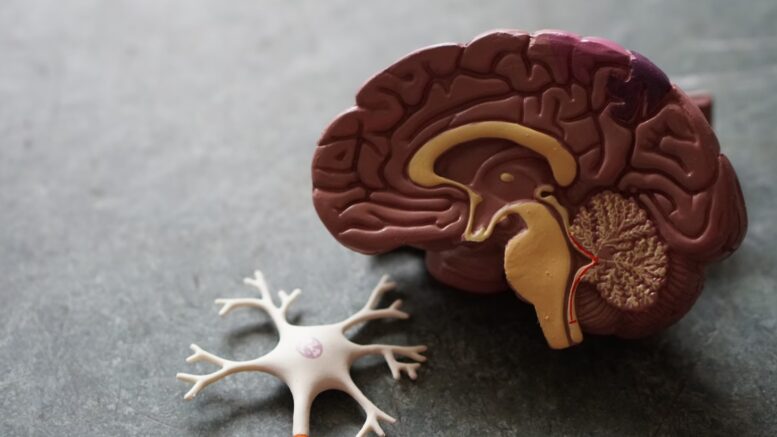In the fast-paced world we live in, stress has become an inevitable part of our daily lives. From work pressures to personal responsibilities, stress can manifest in various ways, affecting both our mental and physical health.
One intriguing aspect of this relationship between stress and health is the impact of stress on the vagus nerve, a crucial component of our autonomic nervous system.
In this article, we’ll explore the intricate connection between both, and managing vagus nerve dysfunction and delve into ways to mitigate its effects.
Understanding the Vagus Nerve
Before we dive into the role of stress, let’s under what is this nerve?. The vagus nerve, also known as the 10th cranial nerve, is a long and meandering nerve that connects the brain to many vital organs, including the heart, lungs, stomach, and intestines.
It plays a pivotal role in regulating the body’s involuntary functions, such as heart rate, digestion, and even emotional responses.
The vagus nerve operates in two modes:
- the sympathetic
- parasympathetic
When the sympathetic system (often referred to as the “fight or flight” response) is activated due to stress, the body prepares to respond to perceived threats by increasing heart rate and alertness.
Conversely, the parasympathetic system, mediated by the nerve, promotes relaxation and rest by slowing heart rate and promoting digestion.
Stress and Vagus Nerve Dysfunction
Chronic stress, whether it’s caused by work, relationships, financial worries, or other factors, can wreak havoc on the nerve’s delicate balance. When stress becomes chronic, it can lead to Vagus Nerve Dysfunction, disrupting the autonomic nervous system’s equilibrium.
Here are some key ways stress affects the Vagus Nerve:
- Reduced Vagal Tone: Prolonged stress can lower vagal tone, which is the measure of the nerve’s activity. A lower vagal tone is associated with increased inflammation, heart problems, and mood disorders.
- Digestive Distress: Stress is known to be a common trigger for IBS symptoms. It can lead to abdominal discomfort, bloating, diarrhea, and constipation in individuals with IBS. These digestive issues related to stress often occur because stress can affect the functioning of the gut-brain axis, a bidirectional communication system between the brain and the gut. Managing stress through relaxation techniques, mindfulness, and other stress-reduction strategies can help alleviate these digestive problems in some individuals.
- Cardiovascular Implications: Chronic stress can lead to high blood pressure and an increased risk of heart disease, partly due to the vagus nerve’s inability to regulate heart rate effectively.
- Mood Disorders: The nerve plays a role in regulating mood, and its dysfunction can contribute to anxiety, depression, and mood swings. Techniques like meditation, deep breathing exercises, and yoga can stimulate the nerve promoting relaxation and potentially improving mood.
Managing Stress and Promoting Vagus Nerve Health
Now that we understand the profound impact of stress on the vagus nerve, let’s explore strategies to manage stress and promote nerve health:
- Mindfulness and Meditation: Practicing mindfulness and meditation can help activate the parasympathetic nervous system, calming the body’s stress response.
- Deep Breathing Exercises: Deep, diaphragmatic breathing techniques can stimulate the nerve, promoting relaxation and reducing stress.
- Yoga and Tai Chi: These mind-body practices incorporate movement and breath control, benefiting both stress reduction and nerve function.
- Regular Exercise: Engaging in physical activity can help reduce stress and support overall nervous system health.
- Diet and Nutrition: Eating a balanced diet rich in fiber, antioxidants, and omega-3 fatty acids can support nerve health.
- Social Connections: Building and maintaining strong social relationships can provide emotional support and reduce stress levels.
- Professional Help: If chronic stress is overwhelming, consider seeking help from a therapist or counselor who specializes in stress management.
Final Thoughts
The relationship between stress and Vagus Nerve Dysfunction underscores the importance of addressing stress in our lives.
By incorporating stress-reduction techniques into our daily routines and adopting a holistic approach to health, we can not only alleviate stress but also promote the proper functioning of the nerve.
Remember, the mind-body connection is a powerful tool in maintaining our overall well-being, and understanding it can lead to a happier and healthier life.
